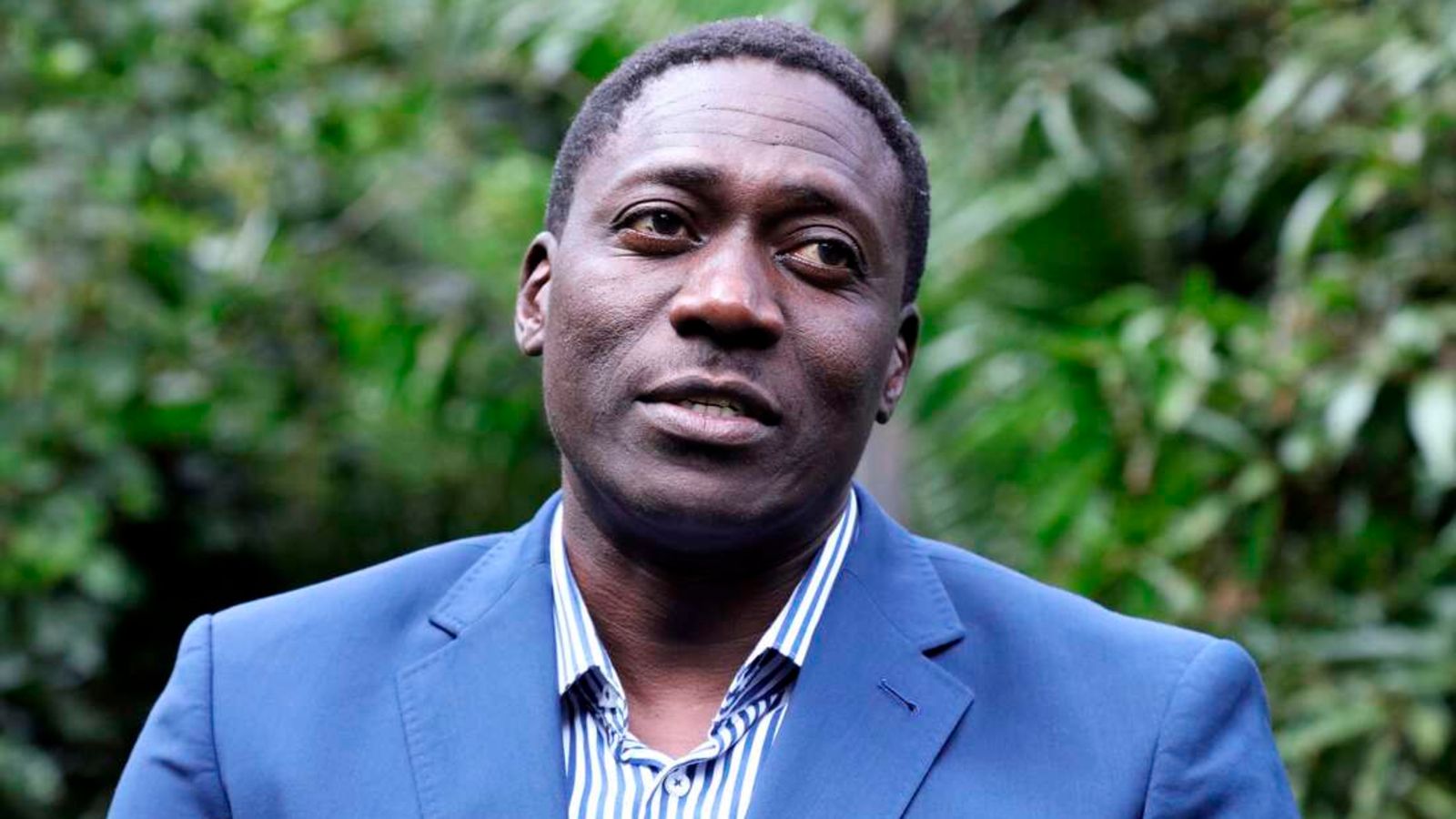
Photo | Jeff Angote | Nation
As global leaders gather for the 79th United Nations General Assembly (UNGA 79) on September 10, 2024, Executive Vice President of Diagnostics at Roche Diagnostics Africa, Dr. Allan Pamba, has highlighted the urgency of the Universal Health Coverage (UHC) in ensuring that all people can access necessary healthcare services without enduring financial hardship.
With just over five years left to meet the 2030 deadline for UHC, Pamba said, achieving health equity remains one of the most pressing challenges, particularly in low- and middle-income countries, many of which are in Africa.
Pamba said five years out from the 2030 target, many countries face immense hurdles to reach this goal, especially in healthcare financing and system readiness.
He said 55 African Union states, in 2001, signed the Abuja Declaration, pledging to allocate 15 per cent of their national budgets to healthcare.
Pamba said despite this commitment, the reality has been sobering, noting that by 2021, only two African countries, Cabo Verde and South Africa, met that target, spending 15.75 per cent and 15.29 per cent, respectively, of their budgets on healthcare.
Pamba calls for introspection on how current healthcare budgets are used, stressing that rather than solely relying on new international funding streams, African governments need to reallocate their existing resources more effectively.
He said a major focus should be on expanding access to diagnostics, which is the “bedrock of effective healthcare.”
Pamba said the World Health Organisation’s (WHO) recent resolution on strengthening diagnostics capacity underscores their role in early disease detection and effective treatment.
He said yet, the availability of diagnostics in many low-income countries remains dire as just 19 per cent of basic primary care facilities in such regions have access to diagnostics, and only two per cent of healthcare spending is dedicated to this crucial area.
He said a recent OECD report, ‘Investing in Health System Resilience,’ spotlights the importance of preventative care and enhancing diagnostic capacity to boost healthcare outcomes.
Pamba suggests that Africa’s healthcare financing strategy should first focus on maximising existing resources and only then seek new international funding, adding that the ability to balance budgets between diagnostics and treatment is key to achieving better outcomes.
He said the case of Kenya’s Managed Equipment Services (MES) programme provides an example of what can be achieved when public-private partnerships are effectively harnessed.
Funded by the World Bank, MES ensures that public hospitals are equipped with modern infrastructure and services through long-term agreements with private vendors.
Pamba said it is an example of how strategic investments can elevate healthcare standards.
On the way forward for UHC in Africa, Pamba emphasised the role of public-private partnerships, drawing from Egypt’s recent victory over hepatitis C.
He said in under a decade, Egypt has eradicated hepatitis C, once a leading cause of death, through a collaboration with the World Bank, Roche Diagnostics, and other stakeholders.
According to him, Egypt is now the first country to achieve WHO “gold tier” status in hepatitis C elimination.
Pamba believes African governments should focus on creating and regulating healthcare markets rather than attempting to dominate healthcare delivery themselves.
He said this approach would allow private companies to fill capacity gaps more efficiently, while governments set strategic directions and priorities.
Pamba added that Public financing models, like universal health insurance, could also be co-created to protect vulnerable populations from catastrophic health expenditures.
He said as UNGA 79 kicks off, the discussions around UHC will require clear-eyed leadership and bold action.
He said African countries, in particular, face unique challenges, but also hold untapped opportunities.
Pamba noted that strong political will, efficient resource management, and innovative financing models, along with public-private partnerships can make UHC a reality by 2030, adding that the next five years will be pivotal in shaping the future of global healthcare.






